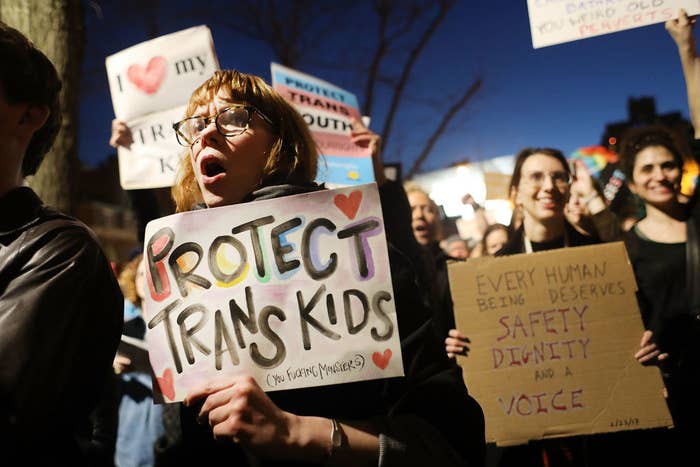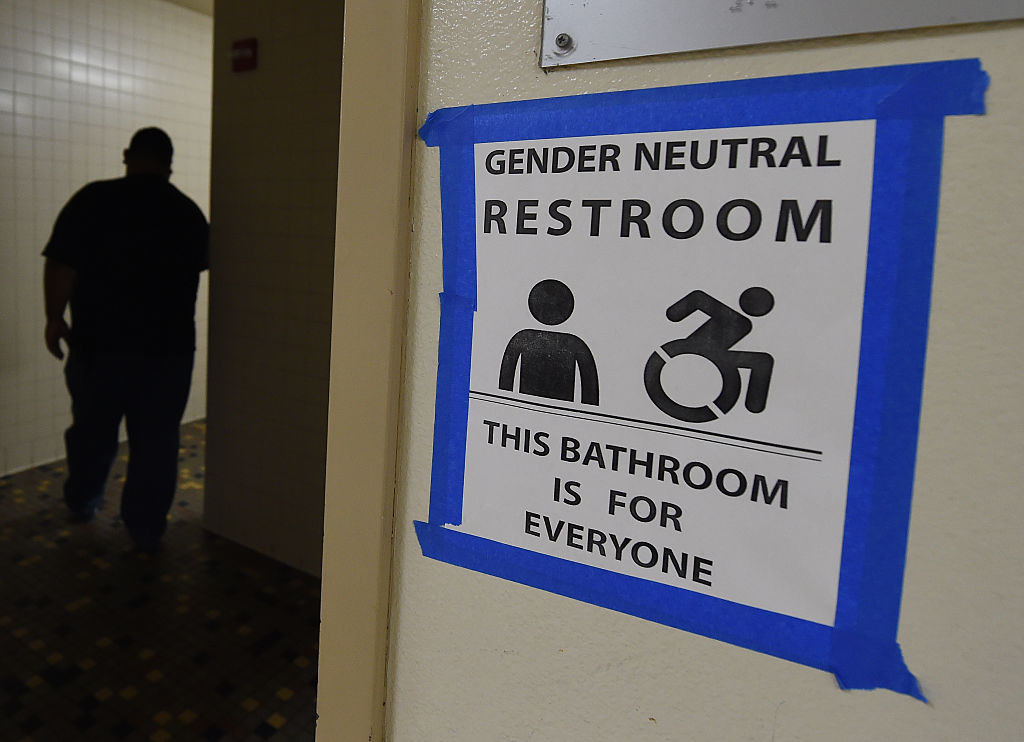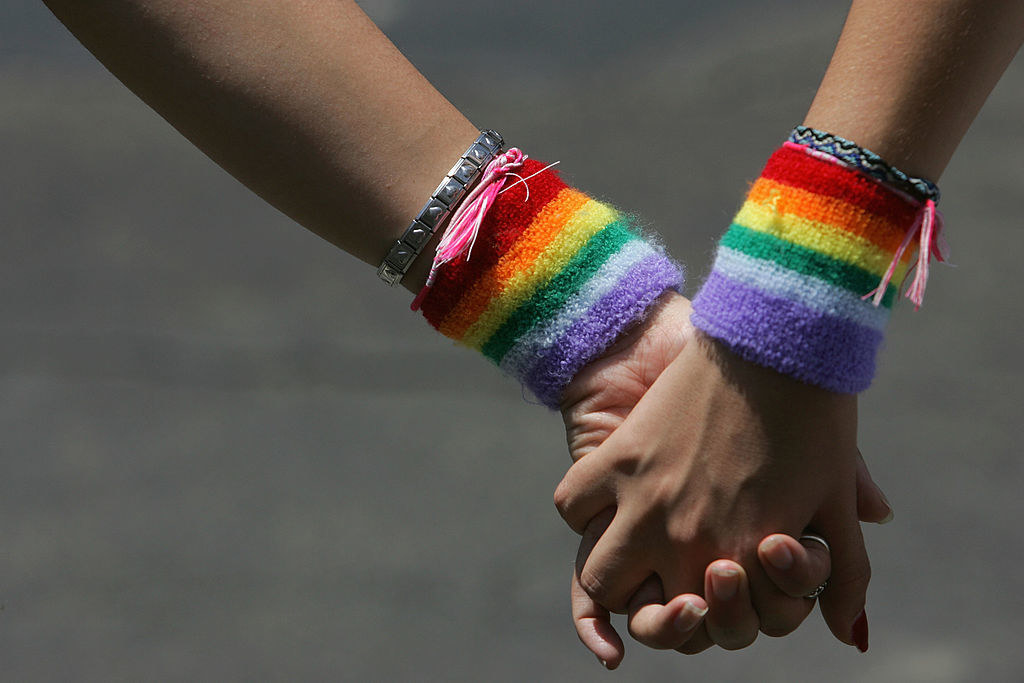Transgender young people are at an extraordinarily high risk of suicide and more likely to be depressed or anxious, according to a new survey of transgender youth in Australia.
The survey of 859 transgender and gender diverse people aged 14–25 was conducted by the Telethon Kids Institute from February to August of 2016. It also surveyed 194 parents and guardians of young trans people.
Of the participants, 48% indicated they had attempted suicide and 80% indicated they had self-harmed at some point. About three-quarters reported they had been diagnosed with depression and/or anxiety.

Senior researcher Dr Ashleigh Lin said the almost one-in-every-two attempting suicide statistic was "sobering" and demonstrated an "urgent need" for better-equipped services.
"These are vastly different figures to the general young population," she said. "The 2015 Young Minds Matter survey indicated that one in 40 young people aged 12 to 17 had attempted suicide, and one in 12 had self-harmed."
Lin stressed that there is evidence to show the poor mental health of transgender people is not caused by their gender identity, but by how gender diversity is viewed by society.
The drivers of poor mental health among transgender youth include peer rejection, issues at school, university and TAFE, and a lack of family support, the survey found. High rates of homelessness and problems with employment were also reported in the survey.
The report publishes numerous submissions about experiences of being trans.
"When I didn’t 'know' [I was trans], I was in a place of anger and confusion," one 20-year-old man wrote. "I dropped out of school after admitting that rather than go back I’d end my own life. It took a solid year of self reflection and pain to come back from that edge, but I knew who I am and could face the world again."
"I moved out of home at 16 because my family couldn’t handle the fact that I’m trans," a 19-year-old non-binary trans boy wrote. "I stayed at a youth refuge for a year."
"I feel like my entire life has been a story of discrimination," said a 24-year-old woman.

The survey also suggested more expertise and understanding of trans issues is needed among Australia's medical professionals, with 42% of respondents having accessed a medical or mental health service where the provider did not understand, respect, or have experience with gender diversity.
"The barriers trans young people face when accessing medical and mental health services often stem from a lack of awareness from service providers," said lead author Penelope Strauss.
"Trans young people told us there is a desperate need for gender services to be expanded, and for current service providers to receive training in gender diversity and the specific health needs of trans people."
Respondents also reported a much higher rate of having a diagnosis of an autism spectrum disorder than the general population — 22.5% as opposed to between 1% and 2.5%.
Parents and guardians reported lower rates of suicide and self-harm than young transgender people did. Just under half reported that their children had self-harmed, and 24% had children who had attempted suicide.
"These rates are still alarmingly high; however, the differences are explained by the possibility that the parents participating in the survey are likely to be supportive of their trans child," the report reads.
"This is likely to be a protective factor against self-harm and suicide. Alternatively, parents may be unaware of their child’s behaviours or they do not wish to report these behaviours on the survey."
Fifty-five per cent of parents and guardians realised their child was trans when they were aged 13 or younger.

The survey also asked respondents about the positive aspects of being transgender, or having a transgender child.
One 20-year-old man wrote: "I am more respectful of other people’s identity. It’s easy to swap names and pronouns for someone. I have experienced bullying, abuse, depression and anxiety and so I am able to empathise with others and understand their experiences."
"Her transition is painful because of ridiculous laws and difficult to access services but watching her grow into a beautiful young woman is an amazing privilege," the mother of a 16-year-old girl wrote.
"I feel like I look at the world from a very different perspective to others, which is an opportunity I try to be grateful for," wrote a 20-year-old woman.
The mother of a 10-year-old girl wrote: "Watching my daughter transform from an anxious, fearful child who didn’t want to attend school to a happy, out-going kid who’s volunteering for leadership roles at school has been the most life-affirming experience I’ve ever had."
If you or someone you know needs help, you can call beyondblue on 1300 22 4636, Lifeline on 13 11 14 or QLife — the national support line for LGBTI people — on 1800 184 527 from 3pm-12am.
